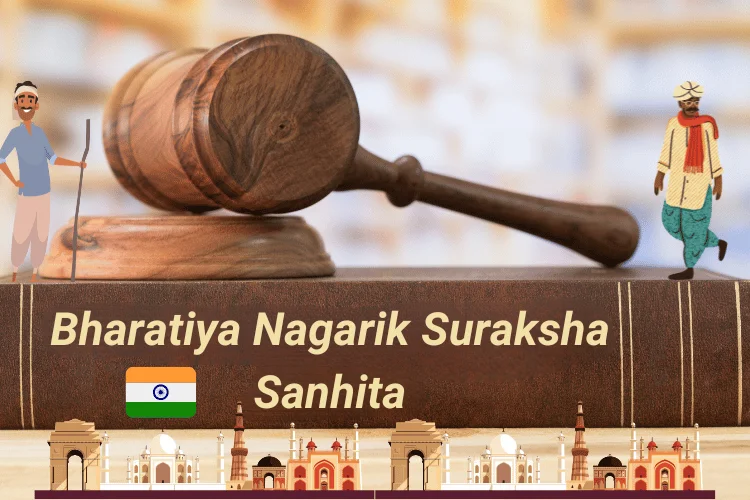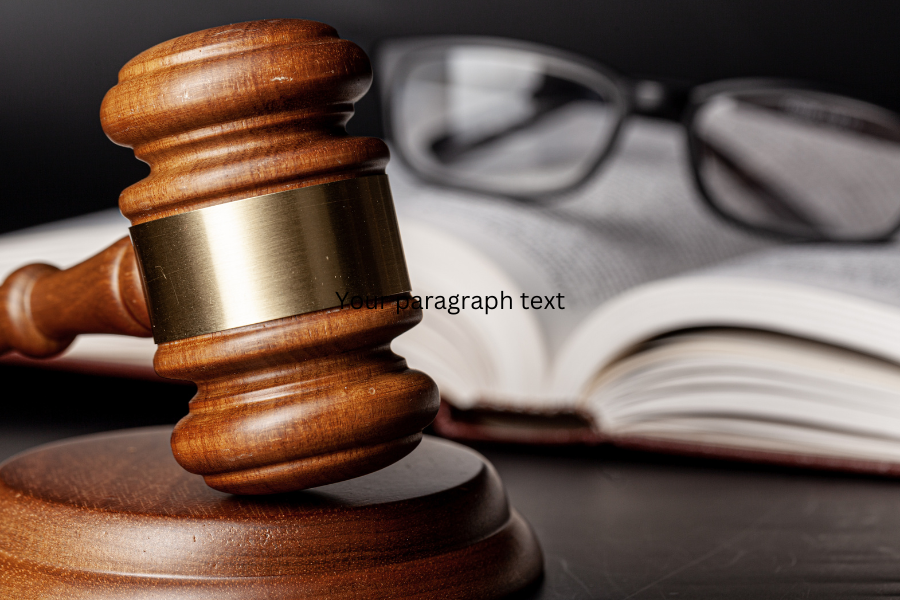- Home
- About Us
-
Law Notes II
- Jurisprudance
- Adminstrative Law
- Company Law
- CrPC
- Indian Evidence Act,1872
- Indian Penal Code
- Code of Civil Procedure (CPC)
- Environmental Law
- Business Law
- Negotiable Instruments Act
- Hindu Law
- Hindu marriage act 1955
- Hindu Succession Act 1956
- Intellectual Property Law
- Copyright Act 1957
- Patent Act 1970
- Trade Marks Act 1999
- Interpretation of Statute
- Limited Liability Partnership Act 2008
- IT Act 2000
- Transfer of Property Act 1882
- Labor Law
- Trade Union Act 1926
- Factories Act 1949
- Industrial Dispute Act 1947
- THE INDUSTRIAL EMPLOYMENT (Standing Orders) Act, 1946
- Law of Torts
- Human Rights Law
- The Competition Act 2002
- Law Notes
- Police Corner
- BNSS
- Videos
- Law Students
- General









































